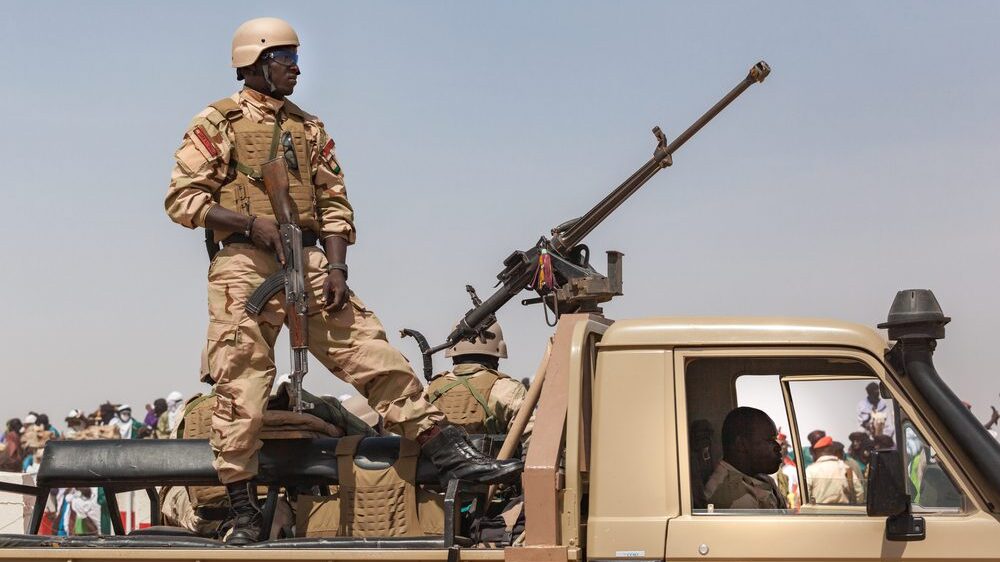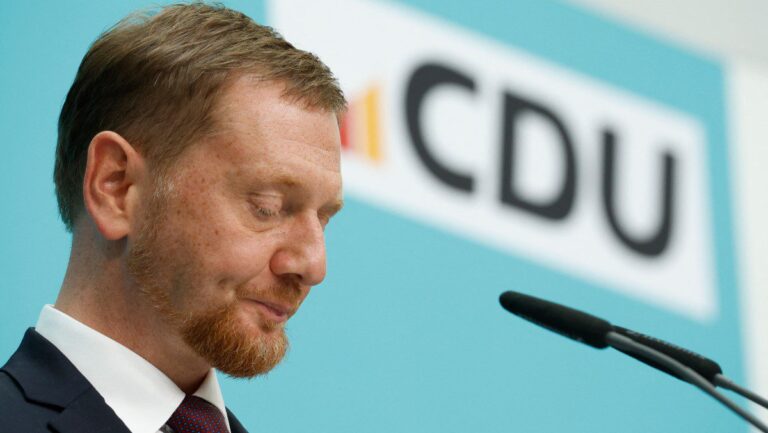The EU launched a new military partnership in Niger to train the Nigerien Armed Forces in their fight against Islamic terrorism Monday, February 20th. Regarded as the last stable state in the Sahel region under the leadership of its pro-western president Mohamed Bazoum, the former French colony has been impacted by political turbulence as it attempts to combat a growing Islamic insurgency from Al Qaeda and Islamic State-affiliated militants.
The entire Sahel region has been destabilised since the Libyan War, which contributed to an increase in Islamism, migration flow, and weapons acquisition. The EU and the West are currently fighting a losing geopolitical battle with Russia in the region, with France forced to withdraw its military from Burkina Faso and Mali last year due to its failure to contain the jihadist threat, leaving Russian Wagner mercenaries to take up counterterrorism duties.
The three-year Niger mission will involve the training of the Nigerien military in counter-terrosim methods and the establishment of a technical training centre. The initiative will be directed by French Vice Admiral Hervé Bléjean and is financed under the EU Peace Facility, costing €25 million. The EU already has a similar 190-person training mission in Mali active since 2014, with EU outreach to the Sahel forming a major part of Brussels’s unified foreign policy.
Both France and the U.S. already have a significant military presence in Niger which in the last year has become the West’s preferred regional partner since the very public departure of French forces from Mali in August 2022. There has been media speculation this week that France could seek to redeploy 2,000 soldiers from Burkina Faso to Niger after they were forced to leave at the request of the pro-Russian junta that took power in September 2022.
Except for Algeria and Benin, all of Niger’s neighbours are experiencing armed insurgency or military juntas. Niger experiences regular attacks from Boko Haram, an islamist militant organization that controls the border areas with Nigeria, and Tuareg rebels from Mali.

Western forces have already used Niger as a major launchpad for drone surveillance, with established relations existing since the 2000s’ War On Terror. Niger experienced an attempted coup in 2021, with commentators worried that state collapse there could worsen Europe’s geopolitical and migration woes.
Niger is important to Western interests due to its geopolitical location, natural resources, and increasing role in migration management. In July 2022, the EU and the Nigerien government signed a partnership to fight human trafficking in the country, regarded as a major transit point for illegal immigration into Europe through Libya. France is heavily dependent on Niger to provide uranium for its nuclear industry.
Despite the support of the ruling government in Niger, there is a protest movement against Western intervention under the umbrella of the M62 group. The civil society group accuses the French of neocolonialism and of undermining Niger’s sovereignty and has the support of some opposition parties in the country.
Western strategists fear that Niger could become a repeat of Mali and Burkina Faso, where Russian influence successfully ejects the West in favour of a pro-Kremlin regime or collapses into Islamic extremism.





